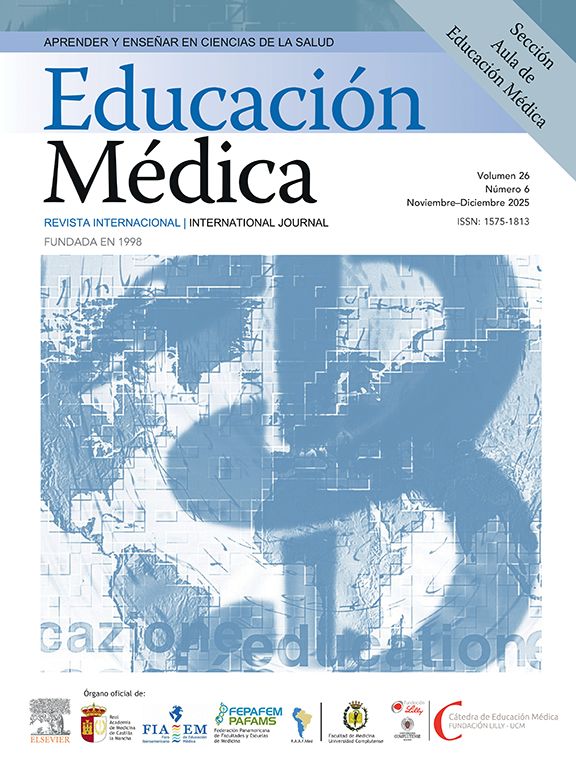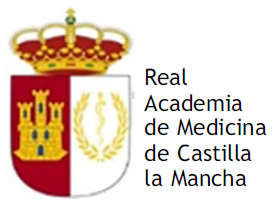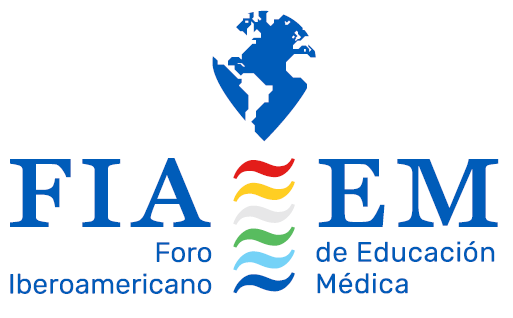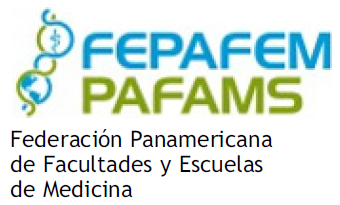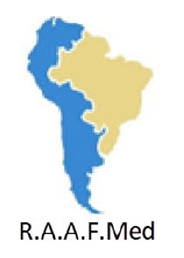The article presents briefly the complexity of the concept of “excellence” in higher education. Taking into account this reality, the fundamental question is how agencies can consider this complexity in building up criteria on excellence and the use of the concept “excellence” in their improvement strategies and accountability processes in the sector of higher education. Public-private nature of higher education and its growing internationalisation have significant impact on how excellence in education is described and promoted as a tool.
El artículo presenta de forma sintética la complejidad del concepto «excelencia» en educación superior. A continuación se pregunta de qué manera las agencias pueden considerar esta complejidad en la construcción de criterios de identificación de la excelencia y en el uso del propio concepto «excelencia» en sus estrategias de mejora y rendimiento de cuentas en el sector de la educación superior. La naturaleza público-privada de la educación superior y su creciente internacionalización impactan significativamente en la manera de definir qué es excelencia en educación superior.
Defining excellence in higher education is not a simple task. Besides the fact that many possible definitions can be found, the selection of a universal meaning is complicated, because it is simultaneously linked to the social and cultural environments (values and principles, for example) and to the political and economic contexts. This is one of the reasons behind the adoption of a quality assurance approach, in Europe and in other world regions, based on good managerial practices that promote accountability and enhancement in higher education.1
We should not forget that higher education is an activity (“a service”) that is considered public and private at the same time. This reference is not related to the ownership of institutions providing higher education; it is about the nature of the activity itself.
As a private activity it is obvious that higher education graduates look for better jobs and better salaries in a competitive labour market. As a public activity, regardless of the ownership of the provider, higher education generates positive externalities that are materialised in different ways; for instance in the possibility of having experts in areas that improve the welfare of the society in general. An externality can be understood as the cost or benefit that affects a party who did not choose to incur that cost or benefit.
Under this double meaning public-private, the influence of expectations and priorities from different groups can be easily detected when statements about excellence in higher education are drafted. Excellence in higher education, therefore, depends on the person/organisation defining the term and their motivations for doing so.
A second interesting point to be commented is about the existence of excellence itself. Excellence can be a tangible reality, but it can be promoted also as a permanent movement, or a horizon to be reached. This way to observe the issue of excellence is generated by the context in which the concept of excellence is used.2
When this excellence is formulated as a reality it can be used to classify services or products. This classification is, in many occasions, linked to the distribution of public and private resources required to provide higher education.3
Differently, when excellence is conceived to be a permanent movement or a horizon, this pretends to create a culture within providers in favour of generating accumulative gains in the quality of their provision. This idea of highlighting horizons in excellence is, perhaps, an adequate strategy for an environment that can be highly influenced by the existence of a knowledge revolution and new developmental opportunities.4–6
To sum up, excellence can be (a) a certain combination of inputs (quality of the programme, quality of the teachers, quality of the learners, etc.) and outputs (even measured in quantities), (b) a culture in the use of inputs and cyclical progress for better outputs (ethos), or (c) a list of expected targets (achieved or not).
When excellence is considered as a tangible reality, the question of definition focuses on the boundaries of excellence. In many different fields, the term excellence has been traditionally linked to a distinction, a quality which is unusually good and surpasses ordinary or threshold standards; but is it possible to expand those limits in order to find a definition of excellence with more inclusive terms?
This opens the opportunity to regard excellence, when its exclusivity is considered appropriate, but also when its inclusivity is preferred. Is that possible?
Another question involving the definition of excellence is about the compatibility of different definitions for the same unit of analysis. A good example can be found in the globalisation of societies and how global and local perspectives on excellence can be combined.
Public versus private nature of higher education and its growing internationalisation have significant impact on how excellence in education is described and promoted as a toolIf higher education is considered public and private from the beginning, the internationalisation of our societies makes higher education a local and a global service at the same time. And this is important because legislations are usually developed at national level; although nations are increasing their international cooperation in the field. This international coordination of legislations, and the way excellence is conceptualised, can bring the benefits of more compatible higher education schemes and promote economies of scale and better chances for academic cooperation.1,5
Finally, going back to the basics, one classic definition of excellence refers to the fulfilment of a certain standard. This could be interpreted as fitness for purpose, commonly used in many quality assurance systems for higher education. This is a measure of performance according to a predefined set of standards. However, a different interpretation of excellence could lead one to a completely new landscape if the concept is linked with unexpected outcomes, those which prove better than anticipated (the latter approach could be linked with the important role of innovation in higher education).
These political approaches, per se complicated for many reasons, should be supported by the use of quantitative and qualitative parameters, or by the use of objective and subjective indicators.
Improving strategies and accountability purposes in the sector of higher educationThere are several proposals of what excellence in higher education is. In fact, each ranking on quality is using a different formula to calculate who is on top. The complexity observed around the concept of excellence suggests that excellence should be seen as something more than a formula7–11; excellence could be used as a strategy and this is important for external quality assurance agencies and for higher education institutions.12Table 1 summarises the complexity of the term of excellence and how excellence could be analysed as a strategy in the sector of higher education.2–4
Elements that constitute the definition of excellence in higher education.
| Ownership and aims | Range | Awarding boundaries | Diversity in the use of cultural values | Use of indicators |
|---|---|---|---|---|
| Who is defining/measuring excellence? | Excellence is a tangible reality | Excellence is seen as exclusive | There is a global idea of what is excellence | Preference in the use of objective indicators |
| Why is a definition of excellence promoted? | Excellence is a developmental process/or a horizon | Excellence is seen as inclusive | Different definitions of excellence can be used for the same reality | Preference in the use of subjective indicators |
To conclude, a definition of excellence in higher education has different components and approaches,13–16 in many ways interrelated with this duality of public and private consideration of training people at the highest level. Nevertheless this duality is more and more influenced by the internationalisation of higher education itself and, last but not least, by the existence of a knowledge revolution in which innovation plays an important role.
In times of huge developments in knowledge, perhaps it is recommended to consider excellence as a link between innovation and the aim of moving up to better societies.
Conflicts of interestThe author has no conflicts of interest to declare.



